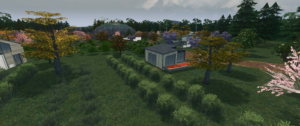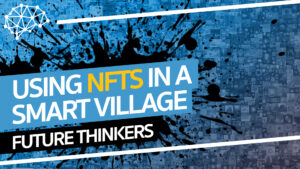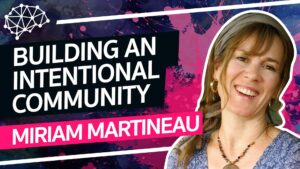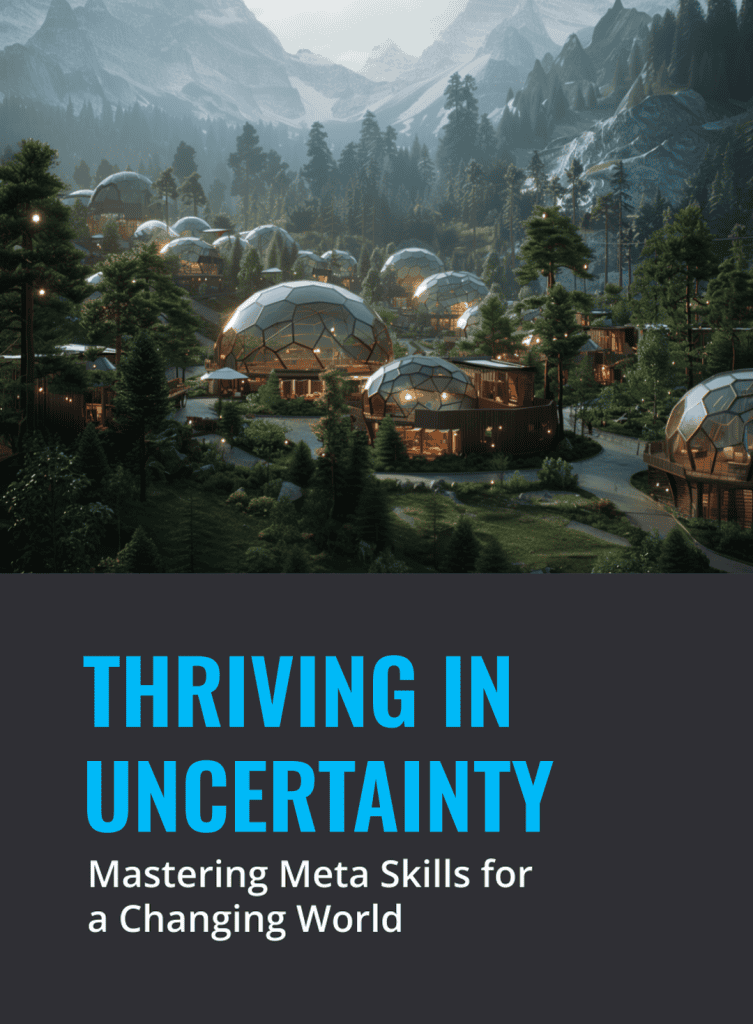Our guest in this Q+A session on self-organizing governance is Richard D. Bartlett.
Richard is a co-founder of a digital tool called Loomio, and of a decentralized consulting company The Hum. He is also the Director at the Enspiral Foundation, a collective of people working on meaningful projects around the world.
As an open source enthusiast, he writes about how we work together at any scale, from our relationships to organizations to social change. He is a contributing author of the book Better Work Together, and he is writing his first book called Patterns for Decentralized Organizing.
[bctt tweet=”There is a threshold between participation and commitment. At the end of the day, who is losing sleep over this? – @RichDecibels” username=”futurethinkers_”]
In This Episode of Future Thinkers:
- The basis for self-organizing: trust, psychological safety, emotional intelligence and self-awareness
- Decentralized organization vs. non-hierarchical organization
- Low-risk experiments in self-organizing: naming different classes of rights and responsibilities, and experiments with money and investing
- Power dynamics: power within, power with, power over
- Useful practices for assertiveness and mutual exchange in a community
- How to challenge unhealthy dynamics in a group and allow for healthy competition
- Useful embodied practices in a group
- Dealing with bad actors: exclusions and boundaries
- ‘Positive gossip’ as part of the immune system for a self-organizing community
Links and Resources Mentioned in This Episode:
- Richard D. Bartlett – Website
- Hierarchy is Not the Problem…It’s Power Dynamics, an article by Richard D. Bartlett
- Loomio
- The Hum
- Enspiral
- Future Thinkers Smart Village
Recommended Books:
- Better Work Together
- Patterns for Decentralised Organising by Richard D. Bartlett
- Debt: The First 5000 Years by David Graeber





